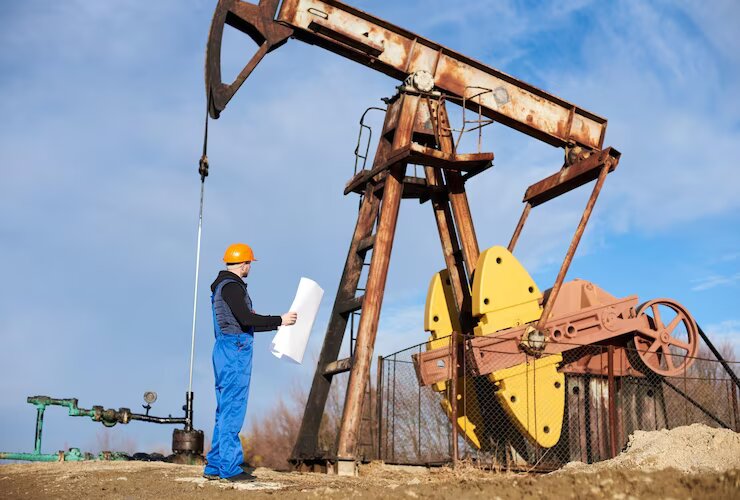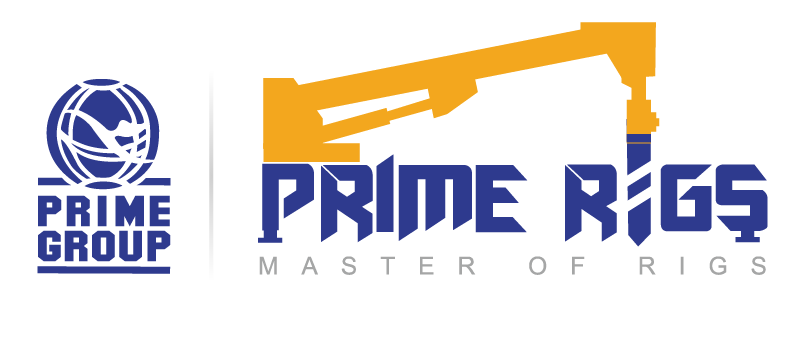
In the quest for water security, many turn to borewell drilling as a viable solution to meet their domestic, agricultural, or commercial water needs. This age-old practice of portable borewell drilling machines, which tap into underground water reserves, requires not just technical expertise but also a good grasp of geological, environmental, and legal considerations. Here’s a comprehensive guide to what you should know before embarking on your borewell drilling journey.
Understanding the Groundwork:
The first step in borewell drilling is conducting a thorough survey of the land. This involves hydrogeological mapping to identify potential water-bearing zones. Technologies such as Electrical Resistivity Tomography (ERT) and Ground Penetrating Radar (GPR) can be invaluable in this phase, providing insights into the subterranean water prospects without the need for invasive methods. Hiring a reputable hydrogeologist or a borewell drilling expert can help you interpret these findings accurately and make informed decisions.
Legal and Environmental Compliance:
Before you start drilling, it’s crucial to be aware of the legal framework surrounding groundwater extraction in your area. Many regions require permits or approvals from local water authorities or environmental boards to drill a borewell. These regulations are in place to prevent over-extraction, which can lead to groundwater depletion and environmental degradation. Ensure you obtain all necessary permissions to avoid legal pitfalls down the line.
Choosing the Right Technology and Equipment:
The depth and diameter of the borewell depend on the geological characteristics of the site and the intended use of the water. For domestic purposes, a borewell with a smaller diameter might suffice, whereas agricultural or industrial applications may require wider and deeper borewells to ensure a higher water flow rate. The choice of drilling method—be it rotary drilling, DTH (Down the Hole) hammer drilling, or hand drilling—should be based on the terrain. For instance, rocky terrains might necessitate more robust drilling techniques like DTH, whereas softer soils could be compatible with rotary or hand drilling methods.
Water Quality and Treatment:
Water extracted from borewells might not always be suitable for direct use, especially if it contains high levels of dissolved minerals or contaminants. Conducting a comprehensive water quality test post-drilling is essential to identifying any treatment needs. Depending on the test results, you may need to install filtration systems or water softeners to make the water potable or suitable for its intended use.
Maintenance and Sustainability:
Regular maintenance of the borewell and associated infrastructure is crucial for ensuring longevity and preventing contamination. This includes periodic cleaning, checking for structural integrity, and monitoring water quality. Moreover, adopting water conservation practices and recharging groundwater through rainwater harvesting can sustain the water table and ensure the borewell remains a reliable water source for years to come.
In conclusion, drilling a new borewell is a complex process that requires careful planning, adherence to legal guidelines, and consideration of environmental impacts. By understanding the geological conditions, choosing the right portable borewell machine technology, ensuring compliance with legal requirements, and committing to sustainable water use practices, you can secure a vital water resource for your needs. As we delve into the depths of the earth in search of water, let’s do so with responsibility and foresight, safeguarding this precious resource for future generations.
Recent Post
- Frequent Used: Heavy Construction Equipment and Instruments
- What Type of Water Drilling Should You Choose?
- How To Choose The Perfect Drilling Rig To Buy?
- Tips For Selecting the Right Drilling Rig According to Your Need
- Water Well Drilling: Numerous Advantages
- How To Find Affordable And Reliable Water Well Drilling Rigs For Sale?
- Everything You Need to Know About Water Construction Rigs
- Water Drilling Rigs: Know The Different Types
- Refurbished Borehole Drilling Machine: Is It Worth The Purchase?
- Safety for the Construction Industry: Why Does it Matter?
- Milling Or Drilling: Which Is The Right Process To Choose?
- Choosing A Construction Truck Rigs Supplier Keeping Perfection In Mind
- Factors That Can Help You Select The Best Water Well Drilling Rig
- What Makes Drilling Rigs Different From Milling Rigs?
- Water Well Drilling Rig: All You Need to Know About It
- Do’s and Don’ts of Choosing the Right Rigs
- Underground Drilling Rigs: Features That Make Them Unique And Most Recommended
- What are construction drilling rigs? Why do companies need them?
- How do drilling companies help you with core drilling exploration?
- Key Features and Benefits of Drilling Machines in the Construction Industry
- Exploring the Advantages of Portable Borewell Drilling Technology
- How to Choose the Right Drilling Rig for Your Needs
- Reasons to Invest in Absolute Guide for Rotary Drilling
- Selecting the Ideal Drilling Rig: Ensuring Safety, Efficiency and Cost-Effectiveness



